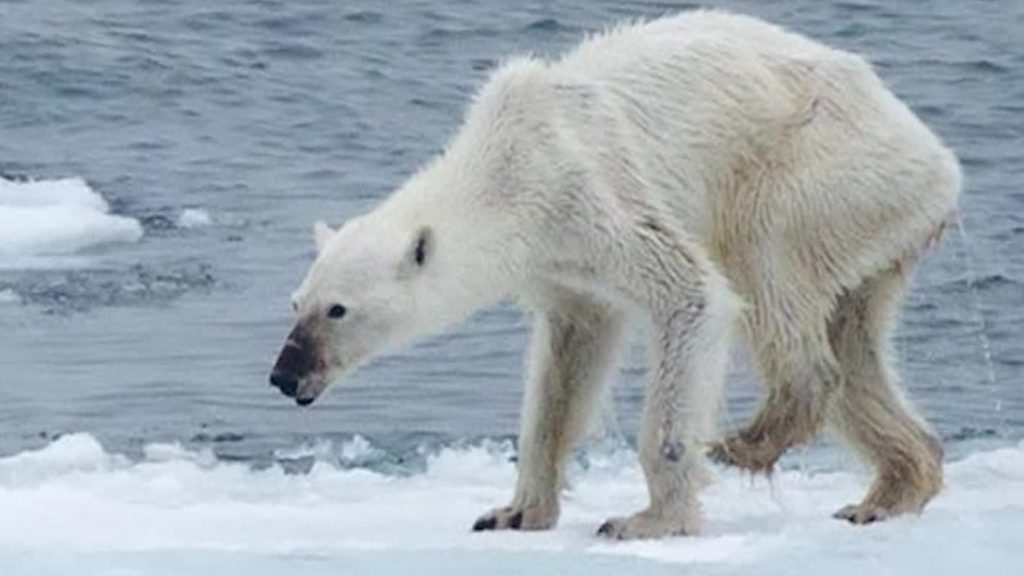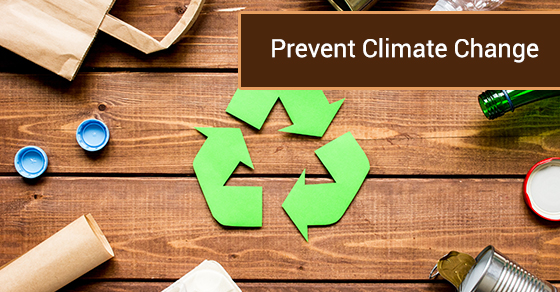Climate Change, and how YOU can help.

It’s getting hotter and hotter every year! No, its not a reference to Nelly’s ‘It’s getting hot in herre’, so do not take off your clothes. I’m talking about climate change. Now, I am not as influential as Leonardo Di Caprio, a major activist for climate change but I will try my best to talk about it. What is climate change? It’s in the name, the changing of the earth’s climates and weather patterns. The abnormal weather patterns around the world are causing detrimental effects to each country as it is changing for the worse by getting more extreme and unpredictable. At the beginning of human civilization, around 7000 years ago, most of the earth’s climate change was because of small changes in the Earth’s orbit but now, the earth’s temperature is increasing by more than 95% of the expected increase. Scientists in the world have agreed that climate change is real and is primarily caused by human activity.
You have probably already read this stuff during your high school but let me enlighten you again. Greenhouse gases such as carbon dioxide trap heat in the atmosphere and regulate our climate. In simpler terms, greenhouse gases are like blankets, the thicker the blanket, the warmer the planet gets. These gases exist naturally but with the increase of motor vehicles and factories, these greenhouse gases are in excess. The burning of fossil fuels also contribute to the increase of greenhouse gases.
Evidence can be seen as the global temperature rise in the past 35 years, with the five warmest years ever recorded. 2016 was the warmest year ever recorded, the temperatures of oceans also rising as it absorbs much of the heat and greenhouse gases with about 700 meters of ocean showing warming of more than 17 degrees celcius since 1969. Sea levels are expected to rise between 10 and 32 inches or higher by the end of the century. Hurricanes and storms are likely to become stronger, flood and draughts will become more common with large droughts called “megadroughts” set to plague the U.S for decades. The decrease of mass in the Greenland and Antarctic ice sheets which is about 286 billion tons of ice per year between 1993 and 2016 and the rate of Antarctica’s ice mass loss having tripled in the last decade, glaciers retreating almost everywhere around the world in places such as the Alps, Himalayas, Andes, Rockies, Alaska and Africa, and obviously the rise in sea levels. Some diseases will spread, such as mosquito-borne malaria and the Zika virus. Ecosystems will continue to change, some species will move further north to survive but others such as polar bears will not be able to adapt and could become extinct. POLAR BEARS? EXTINCT? These are just the few effects of climate change and if we do not do anything to prevent it, scientist say that climate change will be irreversible by the year 2040. That is just 11 years away people! The only people that climate change will effect is us, the coming generation. Our future is the only one that is compromised, which is why we are the only ones that have the motivation to prevent this.

As climate change is getting serious, humans have also gotten serious. The intergovernmental Panel on Climate Change (IPCC) was set up by the World Meteorological Organization (WMQ) and United Nations Environment . to provide an objective source of scientific information. In 2013 the IPCC provided more clarity about the role of human activities in climate change when it released its Fifth Assessment Report. It is categorical in its conclusion: climate change is real and human activities are the main cause. Other efforts such as the United Nations Framework Convention on Climate Change, Kyoto Protocol, Paris Agreement as well as the Climate Summit 2019 have also been done.
There are many ways that we can help combat climate change. Yes, even the thing that seems the most insignificant can help stop climate change. The first and most important thing you can do in the coming years is you can start using renewable sources of energy. As the push for cleaner and healthier energy is rapid, the cost of renewable energy is dropping everyday proving that this is the best choice for the environment and also your wallet.

Next, use public transportation on your daily travels. In Malaysia, transportation accounts for 24% of climate-polluting emissions, second only to the oil and gas industry. A few ways to reduce your transportation emissions are to take the train or LRT, ride a bicycle, car pool or use an electric or hybrid vehicle. Another thing to do is also fly less. Planes run on fossil fuels, and no one has figured out an alternative. Although there have been some efforts using solar panels to fly around the world we are still decades away from commercial flights running on solar energy. A study shows that a normal transatlantic round-trip flight can release around 1.6 tonnes of C02 – almost as much as the average yearly emissions of one persons in India.
Furthermore, use your energy wisely. Malaysia is one of the top energy consumers in the world. By getting more energy efficient, you will pollute less and also get the benefit of not breaking your bank. The small changes you can do to use energy efficiently are to change your light bulbs to energy efficient light bulbs, unplug any electronics that are plugged in such as computers, TV’s or microwave, use cold water if your washing machine allows you to change the temperature of water, hang dry clothes instead of using a dryer as they consume a lot of energy.
Moreover, studies have shown that animal agriculture and meat consumption also contributes to climate change. Surprising, I know. It is responsible for about 13% to 18% of human-caused greenhouse gas emissions globally. Although it does not contribute as much as fossil fuel combustion, it still is one of the major contributors. The biggest problem being the production of beef. We can combat this by eating for a climate-stable planet. The four simple changes you can make to your diet to reduce its climate impact are by eating meat-free meals, buying organic and local foods produce whenever possible, do not waste food because it comes at the price of contributing to climate change, and growing your own food which seems harder than it really is. If you cannot go completely meat free, you can start by reducing your consumption of animal protein by half, you can cut your diet’s carbon footprint by more than 40%.
Shopping also contributes to this which is why you should change your shopping patterns. The clothing sector represents around 3% of the world’s global production emissions of CO2, mostly because of the use of energy to produce attire. The hectic pace of fast fashion contributes to this figure as clothe are discarded or fall apart after short periods.
If you think that these contributions do not make any difference when it comes to climate change, here the proof to show you otherwise. Scientist have found that when once person makes a sustainability-oriented decision, others tend to do too. Some examples are patrons at a US café who were told that 30% of Americans that had started eating less meat were twice as likely to order a meatless lunch. Besides that, an online survey showed that respondents who know someone had given up flying because of climate change also said they flew less as a result.
So now that you have heard my side, I hope that this will motivate you to work towards preventing climate change as well
